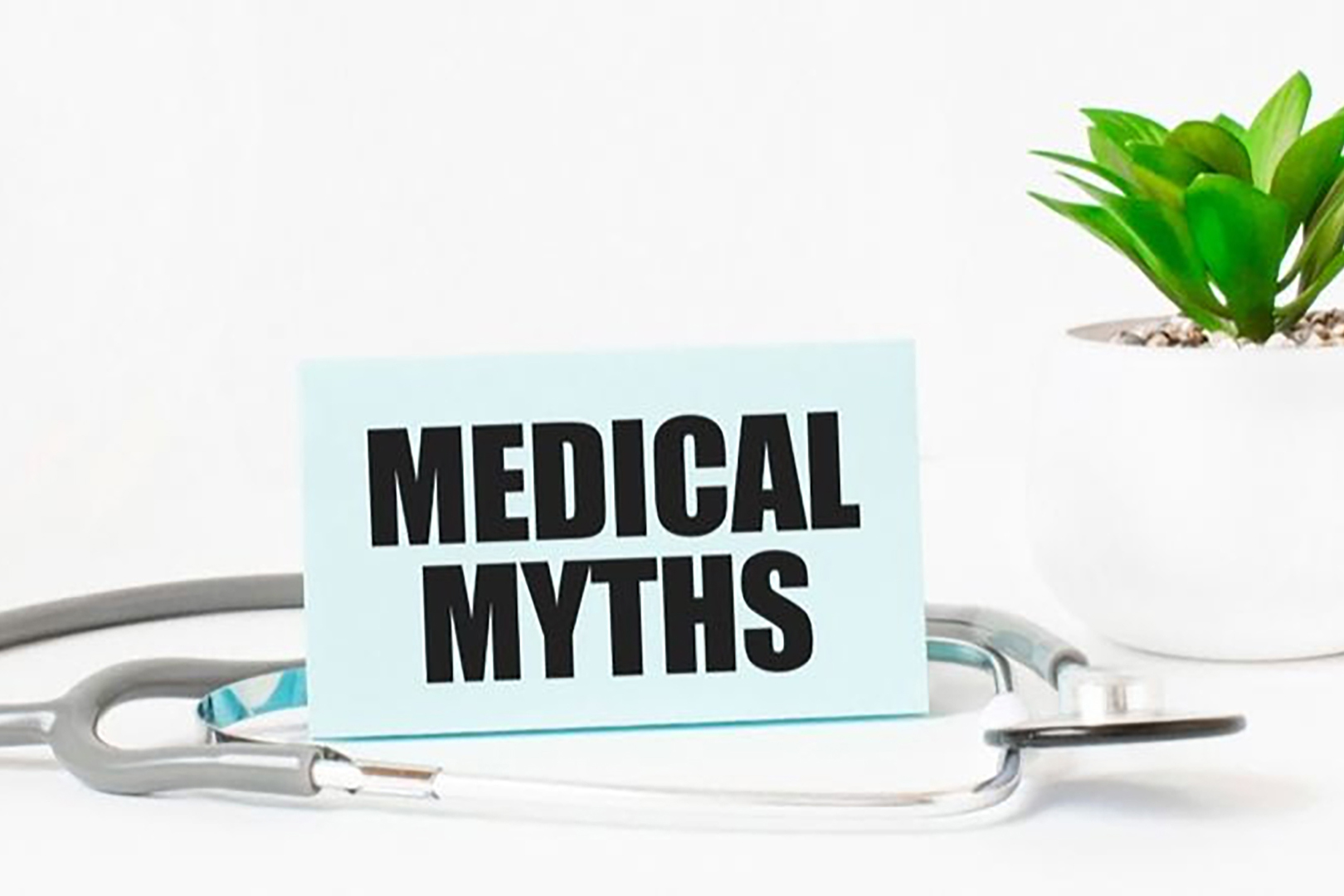Dear readers,
As a physician specializing in Bioidentical Hormone Replacement Therapy (BHRT) and Testosterone Replacement Therapy (TRT), I’m always looking for the latest research to help my patients make informed decisions about their health. Today, I want to share insights from an important systematic review that was recently published in the journal Cureus that examines the wide-ranging benefits of testosterone in the human body.
What Was This Study About?
This systematic review, published in February 2025, aimed to explore the critical role testosterone plays in our physiology. While many people think of testosterone as just a “male hormone” that affects libido and muscle mass, this review shows it has much broader impacts on overall health for both men and women.
How Was the Study Conducted?
The researchers followed a rigorous process to find and analyze existing research:
- They searched PubMed (a major medical research database) for studies from 1993 to present day
- They used specific search terms to find relevant research on testosterone in healthy patients
- They started with 316 articles, removed duplicates, and screened them carefully
- After thorough review, they narrowed it down to 10 high-quality studies that met their criteria
The selected studies included various research designs (observational, experimental, and descriptive approaches) that examined testosterone‘s effects on sexual function, bone health, muscle strength, mood, and vascular health.
What Did the Research Find?
Normal Testosterone Levels
First, it’s helpful to know what “normal” looks like. The review noted that healthy testosterone levels typically range from:
- 264-916 ng/dL in men
- 15-46 ng/dL in women
In my clinical practice, I’ve found that both men and women tend to feel their best when their testosterone levels are in the upper 1/3 of the normal range. When we optimize testosterone to these levels, patients typically experience the most benefits in terms of energy, mood, libido, and overall vitality. Importantly, side effects are rare when we carefully maintain levels within this optimal upper range rather than exceeding normal physiological limits.
1. Sexual Function
Testosterone plays a crucial role in regulating libido (sexual desire) in both men and women. The hormone affects brain regions involved in sexual motivation and arousal, particularly the hypothalamus.
In women, lower testosterone levels are associated with decreased vaginal lubrication, which can lead to discomfort during sexual activity. Research shows that testosterone therapy may improve lubrication and overall sexual satisfaction in women with low testosterone.
One study found that low testosterone levels were associated with decreased libido in 67.5% of patients.
2. Bone Health
There’s a strong connection between testosterone and bone density. The review found that testosterone directly influences bone cells and supports:
- Bone formation during puberty
- Maintenance of bone density throughout adulthood
- Support for skeletal growth through enhancing mechanical loading
When testosterone levels decline, there’s often a corresponding reduction in bone density, which can lead to osteoporosis and increased fracture risk.
3. Muscle Mass and Strength
Testosterone is a key regulator of muscle mass and strength. It works by:
- Promoting protein synthesis
- Enhancing muscle growth and repair
- Influencing muscle coordination and force production
Research shows that men with low testosterone experience reduced muscle mass and strength. Testosterone replacement therapy can improve muscle mass, strength, and physical function in those with low testosterone levels.
This is particularly important as we age, since testosterone naturally declines, leading to age-related muscle loss (sarcopenia).
4. Mental Health
The review found significant connections between testosterone and mental health. Low testosterone levels are linked to symptoms of depression, and testosterone therapy has demonstrated potential to improve depressive symptoms in some individuals.
This effect is particularly notable in patients with hypogonadism (clinically low testosterone levels), including elderly individuals.
5. Vascular Health
Testosterone supports the health of our blood vessels by:
- Enhancing nitric oxide production
- Promoting growth and repair of endothelial cells (which line our blood vessels)
- Reducing inflammation
The research noted that reduced testosterone levels are correlated with a higher incidence of atherosclerosis, coronary artery disease, and cardiovascular events.
What Should You Know About Side Effects?
Like any treatment, testosterone therapy can have side effects. The review specifically mentioned hirsutism (excessive hair growth in a male pattern) as a potential side effect, particularly in women. The severity depends on:
- Dosage and form of testosterone
- Genetic predisposition
- Duration of treatment
This is why proper medical supervision is essential for any hormone therapy.
What Does This Mean For You?
This comprehensive review reinforces what I’ve observed in my clinical practice: testosterone is not just about sexual function or muscle growth—it plays a vital role in overall health for both men and women.
If you’re experiencing symptoms that might be related to low testosterone—such as decreased libido, fatigue, muscle weakness, mood changes, or bone density concerns—I encourage you to discuss testing options with me, Dr. Gajer.
For those already on testosterone therapy, this research provides reassurance about the wide-ranging benefits that proper hormone optimization can provide.
Looking Forward
The authors of this review note that while the evidence is promising, more research is needed, particularly well-designed randomized controlled trials. As with all medical treatments, the approach should be personalized based on individual needs, symptoms, and health history.
At our practice, we remain committed to staying current with the latest research and providing evidence-based hormone therapy that considers each patient’s unique circumstances.
If you have questions about testosterone therapy or hormone optimization, please reach out at +1-703-866-4144 to schedule a consultation.
Your partner in health,
Dr. Gajer








 Let
Let 
 Andd
Andd